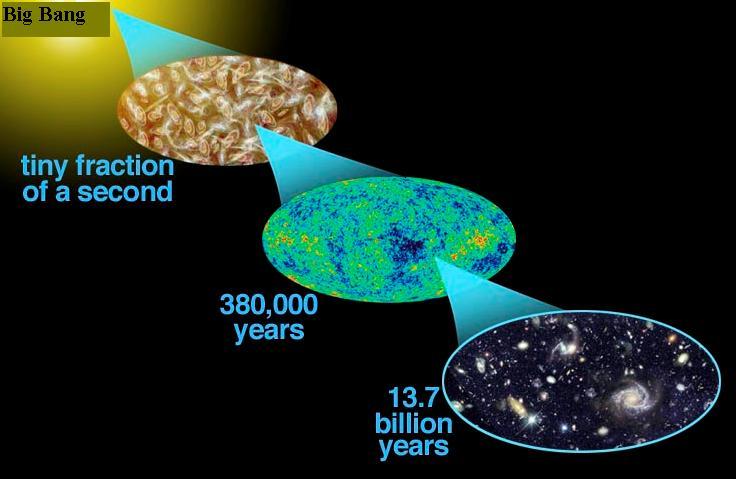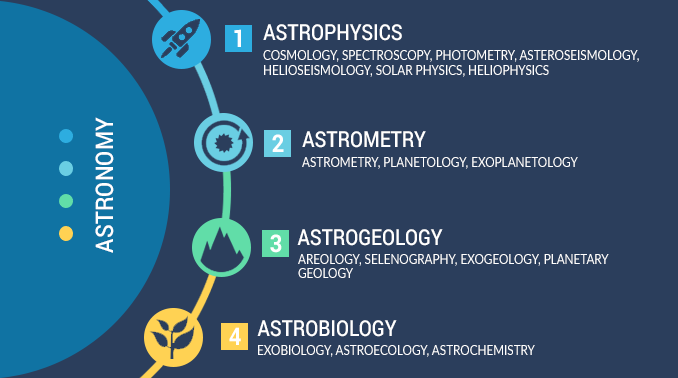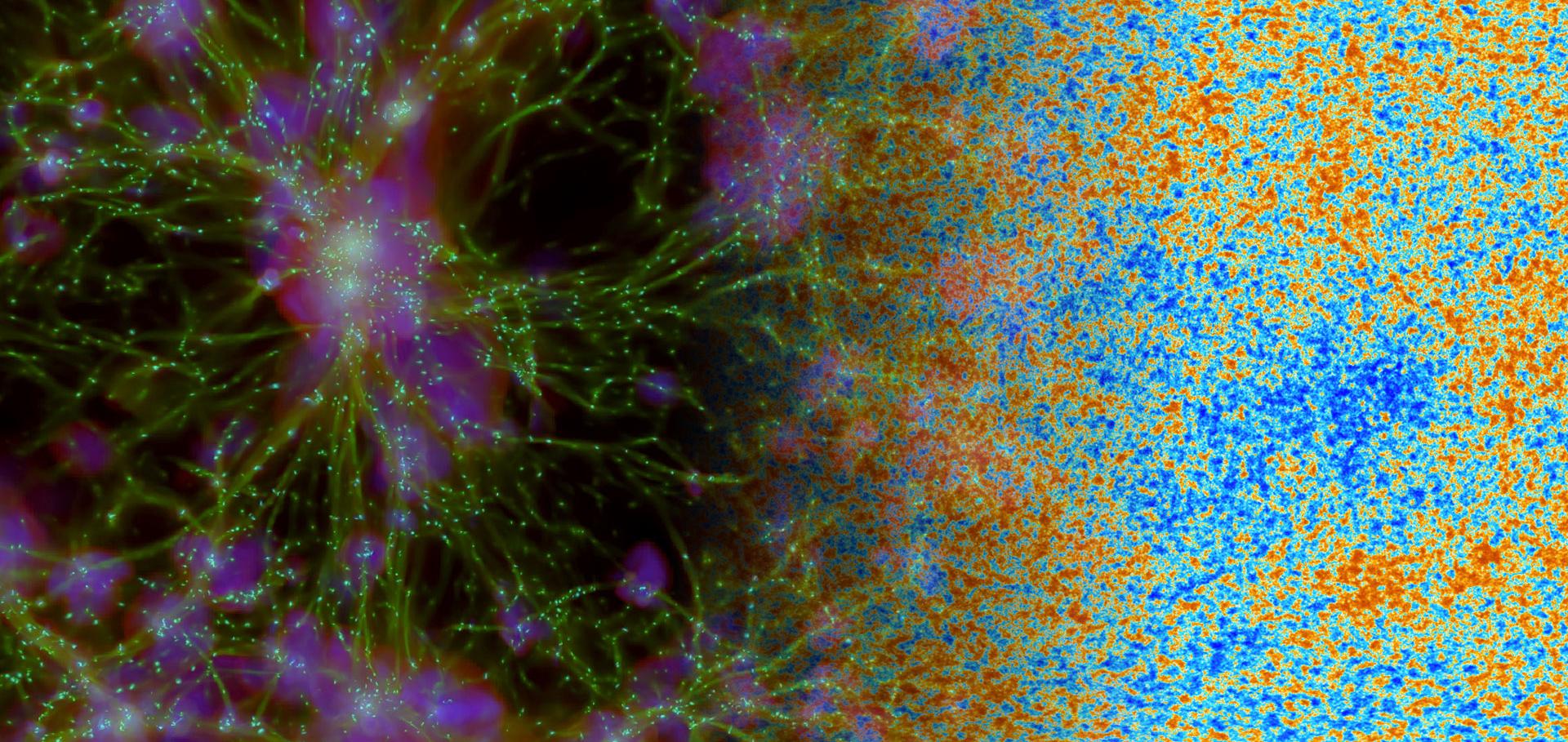
Astrophysics is a fascinating field of study that delves into the mysteries of the universe, exploring celestial bodies, their behavior, and the various phenomena that occur in outer space. In this article, we will explore the captivating world of astrophysics and delve into its intriguing aspects.
Astrophysics, as the name suggests, is a branch of physics that focuses on the study of celestial objects, such as stars, planets, galaxies, and black holes. It involves the application of various principles of physics, including mechanics, electromagnetism, and thermodynamics, to understand and explain the behavior and properties of these cosmic entities. By studying astrophysics, we gain insights into the fundamental workings of the universe and unravel the secrets of its origins, evolution, and eventual fate.
The Vast Universe
The universe is an infinitely vast expanse, filled with countless galaxies, stars, and planets. It stretches beyond our imagination and has been evolving for billions of years. Studying astrophysics allows us to explore the wonders of this vast cosmos and understand its intricate mechanisms.
The Birth of Stars
One of the fascinating aspects of astrophysics is the study of star formation. Stars are born within giant molecular clouds, where immense gravitational forces cause gas and dust particles to come together, forming dense cores. As these cores collapse under their own gravity, they heat up, eventually triggering nuclear fusion at their cores. This process releases an enormous amount of energy, giving birth to a new star. This captivating phenomenon highlights the intricate interplay between gravity, gas dynamics, and nuclear physics.
Exploring the Unknown
Astrophysics also enables us to explore uncharted territories within the universe and discover new celestial objects or phenomena. With the aid of powerful telescopes and advanced observation techniques, astronomers can uncover distant galaxies, exoplanets, pulsars, and even elusive black holes. These discoveries not only expand our knowledge but also fuel our curiosity about the vastness of the cosmos and our place within it.
Black Holes: Cosmic Enigmas
Black holes are intriguing celestial objects that capture the imagination of scientists and the general public alike. These cosmic enigmas are formed from the remnants of massive stars that have undergone gravitational collapse, resulting in an infinitely dense point known as a singularity. The gravitational pull near a black hole is so intense that nothing, not even light, can escape its grasp. The study of black holes allows astrophysicists to delve into the mysteries of space-time curvature and the boundaries of our current understanding of physics.
Benefits and Advantages
The field of astrophysics offers several benefits and advantages, both practical and intellectual. By studying astrophysics, scientists and researchers gain valuable insights into the fundamental laws of nature, expanding our understanding of the cosmos and the building blocks of the universe. These findings often have significant applications beyond the field of astrophysics, contributing to technological advancements and scientific breakthroughs in other disciplines.
Astrophysics also inspires wonder and awe, capturing the imaginations of people across various cultures and ages. It offers us a glimpse into the grandeur and complexity of the universe, fostering a sense of curiosity and encouraging us to question our place in the cosmos. Moreover, the study of astrophysics stimulates critical thinking, problem-solving abilities, and a deep appreciation for the wonders of nature.
The Fascinating Universe Awaits
In conclusion, astrophysics is a captivating field that allows us to explore the mysteries of the universe, uncover celestial phenomena, and understand the fundamental principles that govern our cosmos. By studying astrophysics, we gain valuable knowledge about the origins, evolution, and behavior of celestial objects, broadening our horizons and igniting a sense of curiosity within us. So, let us embark on this enthralling journey through the cosmos and continue to unravel the secrets of our vast and awe-inspiring universe.
People Also Ask
Why is astrophysics important?
Astrophysics is important because it helps us understand the universe and our place within it. It allows us to explore celestial objects, study their behavior, and unravel the mysteries of the cosmos.
What are the career opportunities in astrophysics?
Studying astrophysics can open up various career opportunities. Astrophysicists can work as researchers, professors, or consultants in academic institutions, observatories, space agencies, and even private companies involved in space exploration and technology.
How does astrophysics contribute to technological advancements?
Astrophysics contributes to technological advancements by driving the development of innovative observation instruments, telescopes, and space exploration technologies. Many technological breakthroughs, such as satellite communication, GPS systems, and medical imaging devices, have roots in astrophysics research.
If you are searching about Astrophysics Presentation you've visit to the right web. We have 25 Pictures about Astrophysics Presentation like Difference Between Astrophysics, Astronomy And Cosmology., What Is Astrophysics Explained - YouTube and also Astrophysics Meaning - YouTube. Here it is:
Astrophysics Presentation
 www.slideshare.net
www.slideshare.net astrophysics presentation slideshare
Pin By MASTER THERION On Universe | Cool Science Facts, Astronomy Science, Physics And Mathematics
 www.pinterest.com
www.pinterest.com astronomy facts physics science space cool theoretical quantum fun universe mathematics interesting choose board
Advanced Higher Physics – St Ninian's Physics
physics astrophysics particle universe higher advanced
Why Study Astrophysics? – Pleasants Personal Blog!
astrophysics
Fully Illustrated Physics Ebook For High School Students Explaining Astronomy, Astrophysics
 www.pinterest.com
www.pinterest.com astrophysics
Difference Between Astrophysics, Astronomy And Cosmology.
 www.secretsofuniverse.in
www.secretsofuniverse.in wallpaper galaxies galaxy astrophysics hubble stars astronomy nebulae nasa physics astro positions motions chemistry rather astronomical ascertain objects nature space
Basics Of Astrophysics | 1. What Is Astrophysics | Astrophysics, Science Articles, Physics Research
 in.pinterest.com
in.pinterest.com astrophysics
Astrophysics: Space Science For All
 www.slideshare.net
www.slideshare.net astrophysics
Astrophysics
 funnyjunk.com
funnyjunk.com astrophysics learned since concept ever been proper seeing everywhere term ve know but
What Is Astrophysics Explained - YouTube
 www.youtube.com
www.youtube.com astrophysics
Designauger: Axis Definition Science
 designauger.blogspot.com
designauger.blogspot.com pulsar schema scientificamerican
Astrophysics: Space Science For All
 www.slideshare.net
www.slideshare.net astrophysics
What Is Astrophysics | Astrophysics Definition | IntechOpen
 www.intechopen.com
www.intechopen.com astrophysics books astronomy become intechopen astrophysicist astronomer definition open downloaded chapters kucuk ibrahim
Pin By Hemanth H M On Cosmology And The World Of Science | Astrophysics, Astronomy Facts, Space
 www.pinterest.fr
www.pinterest.fr astronomy cosmology astrophysics theoretical
Astrophysics - Definition Of Astrophysics By The Free Dictionary
 www.thefreedictionary.com
www.thefreedictionary.com astrophysics definition
Astrophysics Vs. Astronomy Vs. Cosmology (+ Vital Facts)
 astronimate.com
astronimate.com astrophysics astronomy cosmology
Astrophysics Quotes. QuotesGram
 quotesgram.com
quotesgram.com astrophysics quotesgram quotes cosmology
Accretion (astrophysics) - YouTube
 www.youtube.com
www.youtube.com accretion astrophysics
Department Of Theoretical Astrophysics
astrophysics theoretical department astro colloquia workshops seminars conferences events ioffe ru
Astronomy: Basic Definitions Part 2 - YouTube
 www.youtube.com
www.youtube.com astronomy
17 Branches Of Astronomy - Earth How
 earthhow.com
earthhow.com branches geology celestial phenomena
Pronunciation Of Astrophysics | Definition Of Astrophysics - YouTube
 www.youtube.com
www.youtube.com astrophysics
Difference Between Astrophysics, Astronomy And Cosmology.
 www.secretsofuniverse.in
www.secretsofuniverse.in astrophysics cosmology astronomy difference between read
Particle Astrophysics & Cosmology: Research Groups | University Of Oxford Department Of Physics
 www.physics.ox.ac.uk
www.physics.ox.ac.uk particle astrophysics cosmology physics abstract
Astrophysics Meaning - YouTube
 www.youtube.com
www.youtube.com meaning stroppy astrophysics
Department of theoretical astrophysics. Astrophysics definition. Accretion astrophysics